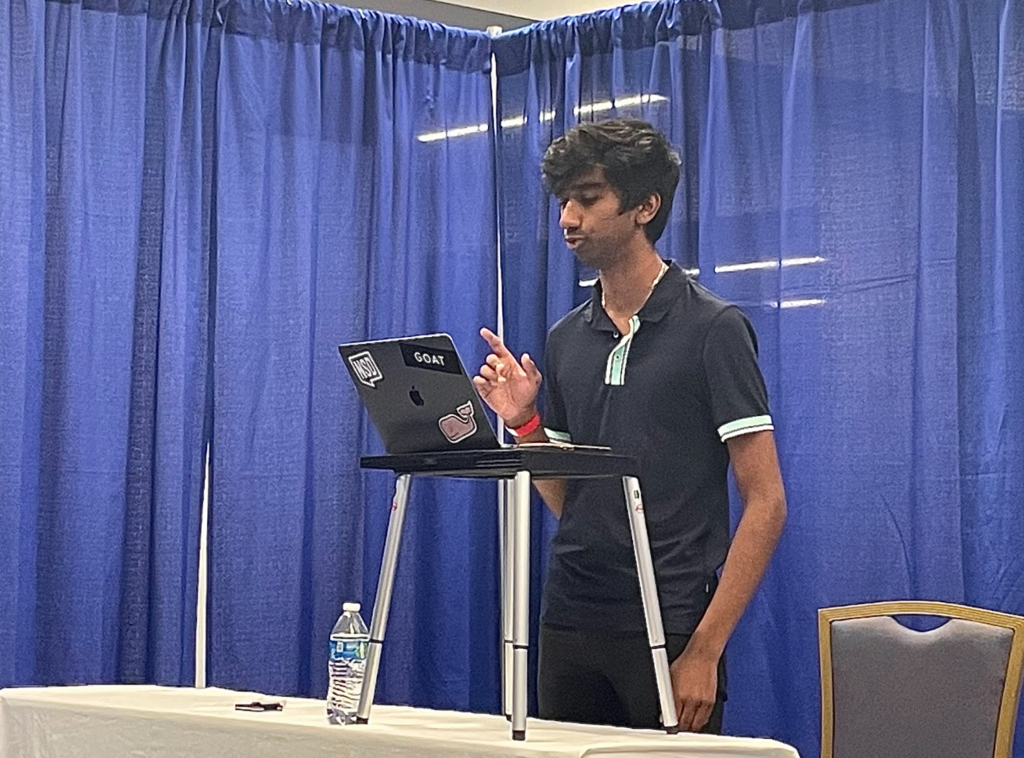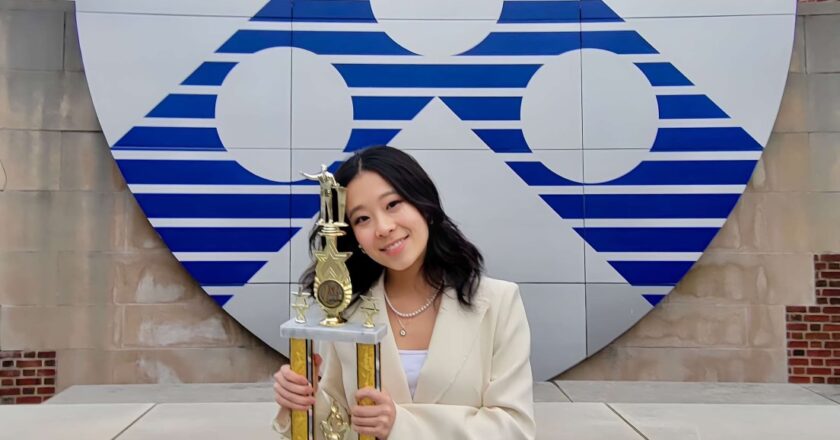While there are many clubs available to students in the Upper School, there is an apparent lack of clubs that participate in competitive academic and extracurricular activities. GA should be doing a better job of encouraging students to engage in competitive academic activities that enrich their high school experience.
“I think academic clubs are great,” Luke Hu ‘25, STEM club captain, said. “It really allows for us to delve deeper into our interests that are school related, but not entirely covered in the curriculum.”
While hobbies and interests play a huge role in many students’ lives, GA still fails to properly fund many competitive clubs. GA has no problem paying for expensive gear for sports teams, lavish new facilities and so forth. Yet, when it comes to subsidizing entrance fees for speech and debate competitions, that is when the line is drawn.
“It’s crazy how we have to pay all expenses for debate on our own,” Chloe Zhou ‘26, Lincoln Douglas debater, said. “Most other schools will at least help with tournament entry fees, not to mention travel or hotel costs.”
Many top high schools heavily finance their competitive clubs because they know how important they can be for college, professional development and personal enjoyment. This creates a significant competitive disadvantage for schools like GA which have less funding to buy briefs, coaches and opportunities to compete.
“Debate is like a sport in itself, I think my school has four debate coaches and we go to multiple tournaments per month, it’s lowkey nuts,” Tuilaepa Katoanga ‘24, a debate captain from Regis High School in New York, said. “A lot of our teams do good in the circuit mainly because of the funding we be getting from Regis to get coaches and stuff, and also the school’s encouragement to participate in more tournaments.”
In addition to this, members of the Speech and Debate team have to continuously press GA’s faculty and administration to allow them to participate in debate tournaments that are outside of the state.
“I mean, I don’t really get why we have to fight with our faculty advisor so much to go to National Circuit tournaments,” Yash Kandanuru ‘25, a Debate Team captain, said. “I understand that we have to have adults with us, but we do, so it really shouldn’t be this much of a struggle considering all the away games that sports teams have.”

And it isn’t just competitive clubs – academic clubs with high goals often find themselves under-financed and under-appreciated as well.
“My goal was to create a club where motivated students who are already interested in or may be doing extracurricular study in the world of business can have a system to recognize and maybe motivate their knowledge and study,” Ishaan Paladugu 25’, a founder of GA’s Future Business Leaders Association Chapter said.
“As much as GA funnels money into the athletic side of operations, they often neglect to acknowledge their academic counterparts. We need more representation at these national and global competitions as it can help students achieve their academic goals, as well as raise GA’s standing of academic excellence among its rivals.”
While existing academic clubs struggle with funding issues, the process of creating a successful competitive academic club is extremely difficult. With almost all clubs being student-led, it makes creating clubs that require dedicated faculty to register for competitions, such as Model United Nations or Science Olympiad nearly impossible.
“Yeah, the idea of joining Model UN was really exciting to me, but I was pretty disappointed when I found out that it didn’t exist,” Ravi Bhatt ‘27, said. “I don’t personally know any faculty who would be interested in running because I know they need to fill out a lot of paperwork.”
In essence, while GA’s excessive funding for sports is beneficial for athletes, GA should also take some time to look into funding their academic clubs as well.

